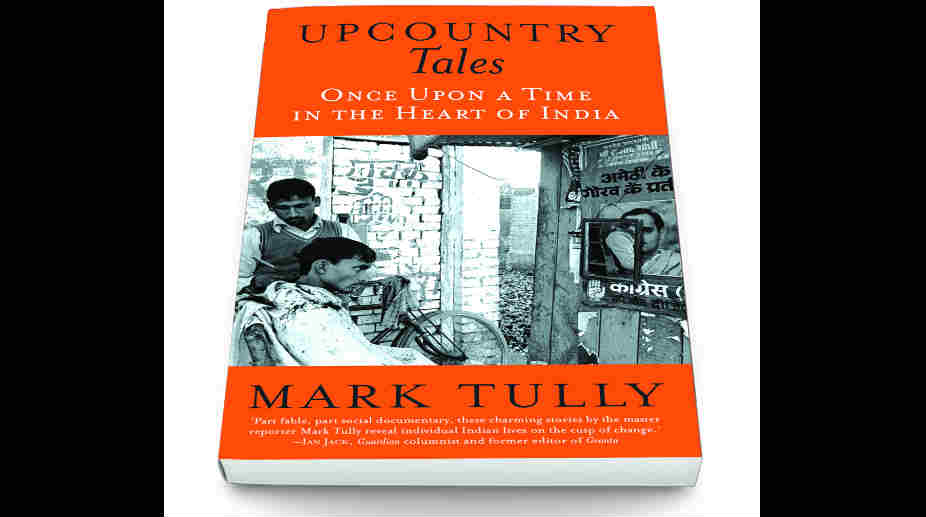PM continues attack on Cong, says Rajiv Gandhi scrapped Inheritance tax to reap benefits
Addressing an election rally at Morena in Madhya Pradesh in the morning the PM launched a barrage of accusations on the Congress.

Collections of short stories are invariably a risk both for an author and the publisher. So it has proved in this case, where the collection is set in eastern Uttar Pradesh in the 1980s, with an admixture of fact and fiction, though it is not easy to spot the difference. Despite the view from Delhi that India was coming into its own under then Prime Minister Rajiv Gandhi, little progress was made in solving the fundamental problems of governance and inequality. But increased prosperity showed there was a rural market, along with advertisements and aspirations, especially among Dalits. Thus we have the contrast — tractors versus bullock carts, as well as the habitual hazards of bribery and caste in daily life. Tully warns against false optimism, which is relevant today.
Many Indian words in this text are rendered by Tully phonetically in English without explanation, presumably to add local colour, when English equivalents would have served well or better, along with the use of Indian idioms like “cousin brother”. The depicted deficiencies of governance would not occasion any surprise among Indian readers, but may be surprising and shocking to non-Indians, to whom Tully tries to unravel the elements of caste. There is no novelty for any Indian in these scenarios, though some Bollywood black-and-white binary traits are evident.
There is always too little in the way of plot, and too much in the way of old-world parlance, stilted dialogue, and conversations with mini-speeches and lengthy explanations. Curiously, the worst cliché-ridden dialogue is over two pages and set in the UK. So we are given discussions on caste, dirty hospitals, and money lending at huge interest, and observations (not very profound) on the domestic political scene dressed up as dialogue. There is a great deal of talk about caste honour and status.
Advertisement
Some of the seven short stories hold momentary interest, but are weighed down by lack of characterisation, no credible dialogue, and an excess of telling without showing. Many of the tales have more or less happy endings, with feel-good factors about overcoming long-established obstacles, but most stories have drift and socio-economic commentary without plot. A couple of the author’s neat perceptions can be noted, “No one in India ever sets out on a venture alone if they can possibly avoid it” and “Women don’t count here. They vote as their husbands tell them to.”
The publisher Ravi Singh apparently persuaded a reluctant Tully to undertake this book — yet another case, so rampant in India and the world at large, of celebrity authorship to promote sales irrespective of merit. Our print media is unfortunately plagued with drivel written as opinion pieces by persons regarded as having celebrity status in fields other than authorship or political commentary.
Tully has no shortage of merit whatever as a splendid analyst and observer, but none in the writing of fiction. The penultimate chapter is by far the best, because here there is some unity of narrative and injection of humour, apart from Tully’s obvious knowledge and love of the Indian railway system. The last chapter in the book is the worst, being wholly didactic and perhaps even somewhat autobiographical.
RK Narayan would have spun gold from this same village material but this may be an unfair comparison.
The reviewer is India’s former foreign secretary
Advertisement